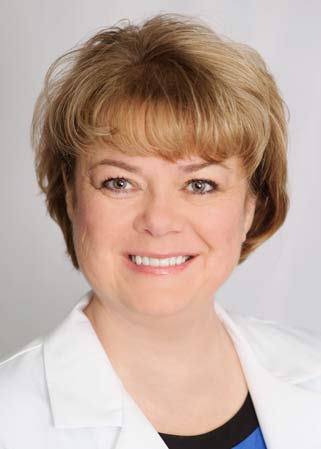RSV / Bronchiolitis
Quick Facts
RSV / Bronchiolitis Doctors
Mary Ann King, DO
Pediatrics
JR McPherson, MD
Pediatrics
Erin Livingston, MD
Pediatrics
Carlisle Livingston, MD
Pediatrics / Internal Medicine
Jason Simpson, DO
Pediatrics
Nurse Practitioners
Rita Hargett, CFNP
Pediatrics
Emily Brown, NP
Pediatrics
What is RSV / Bronchiolitis?
Respiratory syncytial virus RSV / Bronchiolitis is a virus that mostly affects children under 2 years old. Almost all children have had RSV at least once by age 2. In older children and adults, it tends to present the same as most cold viruses. However, in young children it can cause a syndrome called bronchiolitis.
Symptoms of RSV
Bronchiolitis can cause fever, congestion, cough, wheezing, difficulty breathing, difficulty eating. It can be very mild or very serious, and there are many viruses that can cause the same syndrome.
Diagnosis
Bronchiolitis is diagnosed by physical examination. To be diagnosed with RSV in particular, your doctor may perform a nasal swab, though this does not change how bronchiolitis is treated.
RSV Treatment
There is no cure for RSV. The main treatment is supportive care. Fluids and suctioning of the nose are important. Sometimes babies, particularly young babies, have to be in the hospital for oxygen or IV fluids.
RSV FAQs
How long is RSV contagious?
It is usually recommended that babies diagnosed with RSV stay home for about 1 week, as the virus spreads for an average of 7-8 days.
How is RSV spread?
RSV likes to spread through the air (like through coughing) and on surfaces. Lots of handwashing and wiping down toys and surfaces exposed to sick children can prevent spread.







